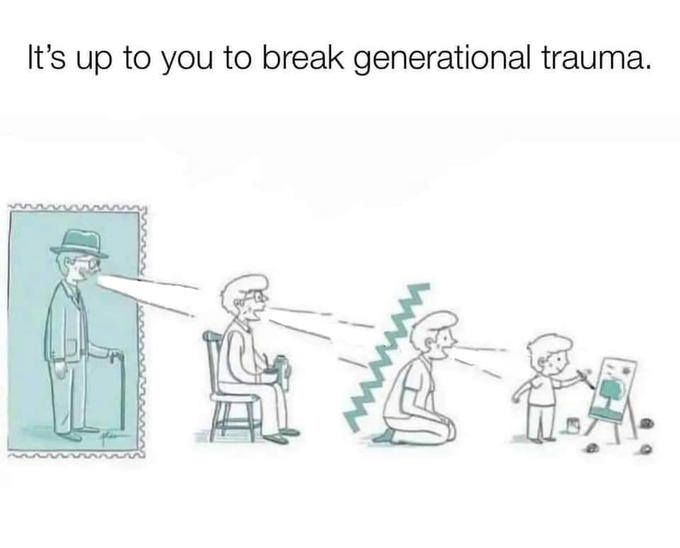
Addiction: Family Therapy: Families of Addicts
By: Isabella Favuzza
Addiction is a challenging journey that should never be traveled alone. Asking for help is the first and most challenging step for addicts and their loved ones. Addicts struggle with the painstakingly long road to recovery, but many neglect the pain of the addict’s family. Addiction is not an isolated incident as the disease affects the entire family and other loved ones. Family and friends typically receive most of the backlash and consequences associated with substance abuse. The loved ones may place the addict’s feelings/needs above their own and endure self-guilt due to the addict’s substance abuse and subsequent behavior.
Many families are challenged with the addict’s behavior and their personal emotions, resulting in a lack of self-care. A lack of emotional and/or mental care may lead to depression, and/or anxiety. You can’t pour from an empty cup. Family therapy provides the appropriate tools to help struggling families and friends cope with feelings of guilt, shame, anger, sadness, etc. Family therapy is specifically designed to remedy these undesirable emotions by allowing each individual to be heard and accepted in a nonjudgmental space. Family and friends can feel cared for and fulfilled, creating positive reactions with the addict. Ultimately, family therapy sessions enable loved ones to understand/support one another and cope with the addict’s conflict/behavior in a health manner.
If you or someone you know is struggling with alcoholism or alcohol abuse please contact our psychotherapy offices in New York or New Jersey to talk to one of our licensed professional psychologists, psychiatrists, psychiatric nurse practitioners, or psychotherapists at Arista Counseling & Psychotherapy. Contact our Paramus, NJ or Manhattan, NY offices respectively, at (201) 368-3700 or (212) 722-1920 to set up an appointment. For more information, please visit http://www.counselingpsychotherapynjny.com/
Source:
https://www.healthpartners.com/blog/how-to-support-someone-through-substance-use-recovery/









